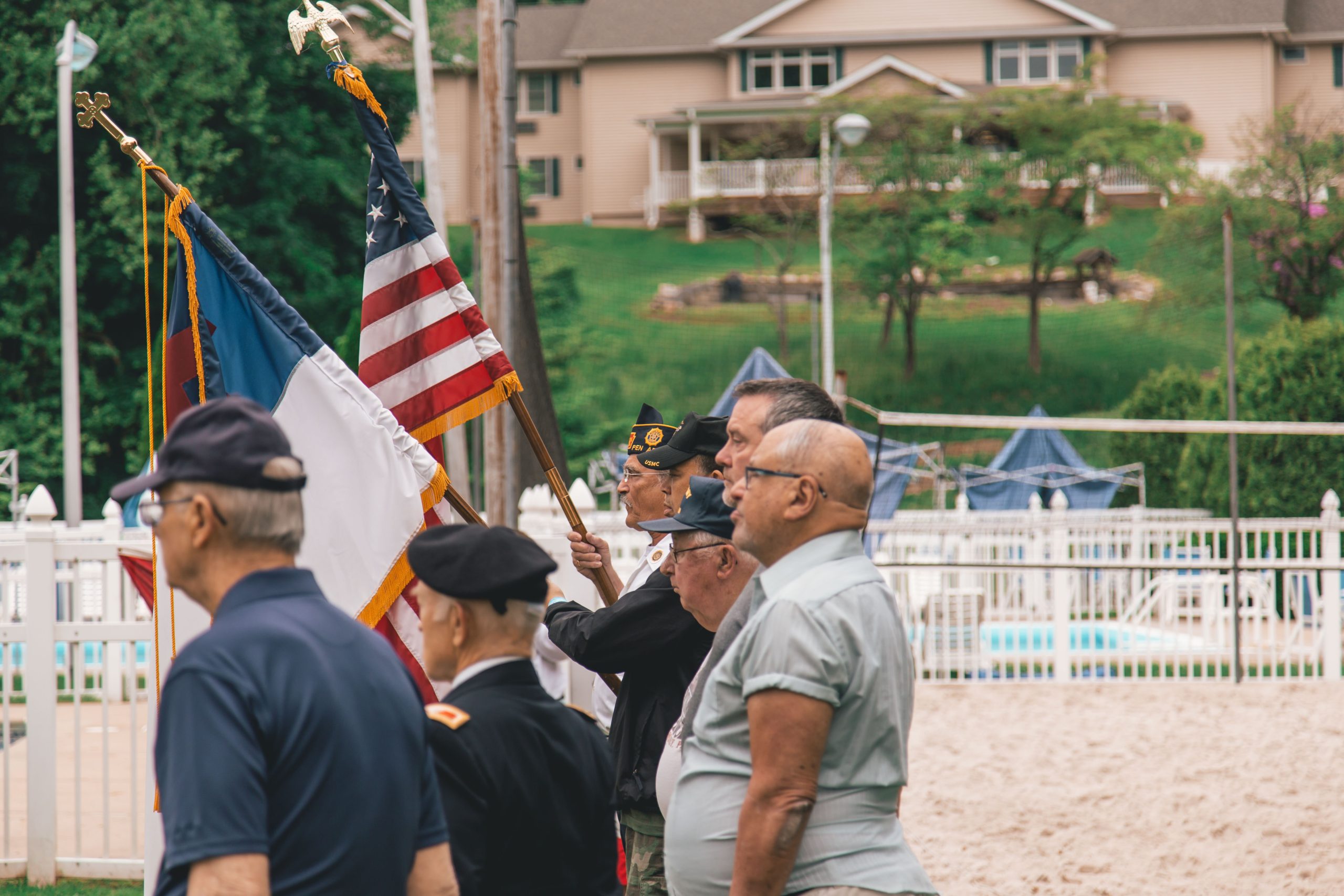The Importance of Social Connections for Elderly Loneliness Prevention

The image is not directly related to the article. It merely symbolizes the life of elderly people.
The Importance of Social Connections for Elderly Loneliness Prevention
What is elderly loneliness?
How common is elderly loneliness?
Elderly loneliness is a growing problem in many countries, with research showing that up to 17% of seniors feel lonely on a regular basis.
What are the effects of loneliness on elderly people?
Loneliness can have serious physical and mental health effects on elderly people, including increased risk of depression, cognitive decline, and mortality. It can also exacerbate existing health conditions and reduce overall quality of life.
How can social connections help prevent elderly loneliness?
Social connections provide seniors with a sense of belonging, purpose, and support that can reduce feelings of loneliness and isolation. Regular social interactions can also improve cognitive function, physical health, and overall well-being in older adults.
What are some ways to help seniors stay connected socially?
There are many ways to help seniors stay connected socially, including joining social clubs or groups, volunteering, participating in community events, and spending time with family and friends. Technology can also be a useful tool for staying in touch with loved ones and accessing online social networks.
What can society do to address the issue of elderly loneliness?
Society can take several steps to address the issue of elderly loneliness, including increasing funding for senior centers and community programs, promoting intergenerational activities, and raising awareness about the importance of social connections for healthy aging. Governments and private organizations can also work together to provide resources and support for seniors who may be at risk for loneliness and isolation.
Loneliness is a common problem among elderly people, with many seniors feeling isolated and disconnected from others. This can have serious physical and mental health effects, including increased risk of depression, cognitive decline, and mortality. Social connections are essential for preventing elderly loneliness and improving overall well-being in older adults.
There are many ways to help seniors stay connected socially, including joining social clubs or groups, volunteering, participating in community events, and spending time with family and friends. Technology can also be a useful tool for staying in touch with loved ones and accessing online social networks.
Society can take several steps to address the issue of elderly loneliness, including increasing funding for senior centers and community programs, promoting intergenerational activities, and raising awareness about the importance of social connections for healthy aging. Governments and private organizations can also work together to provide resources and support for seniors who may be at risk for loneliness and isolation.
By taking these steps, we can help ensure that elderly people have the social connections they need to thrive and enjoy a fulfilling, healthy life in their golden years.
The image is not directly related to the article. It merely symbolizes the life of elderly people. The Importance of Social Connections for Elderly Loneliness Prevention What is elderly loneliness? Elderly loneliness is a feeling of isolation and disconnection that can occur when seniors lack social connections and meaningful interactions with others. How common is…
Recent Posts
- Empowering Caregivers: The Best Online and Offline Resources to Enhance Your Skills
- Traveling with a Purpose: The Rise of Volunteer Vacations
- Breaking Stigma: Dispelling Myths about Mobility Aids and Disability
- Avoiding Probate: How Trusts Can Simplify the Estate Settlement Process
- Senior Citizens Beware: Common Financial Scams and How to Stay Protected

